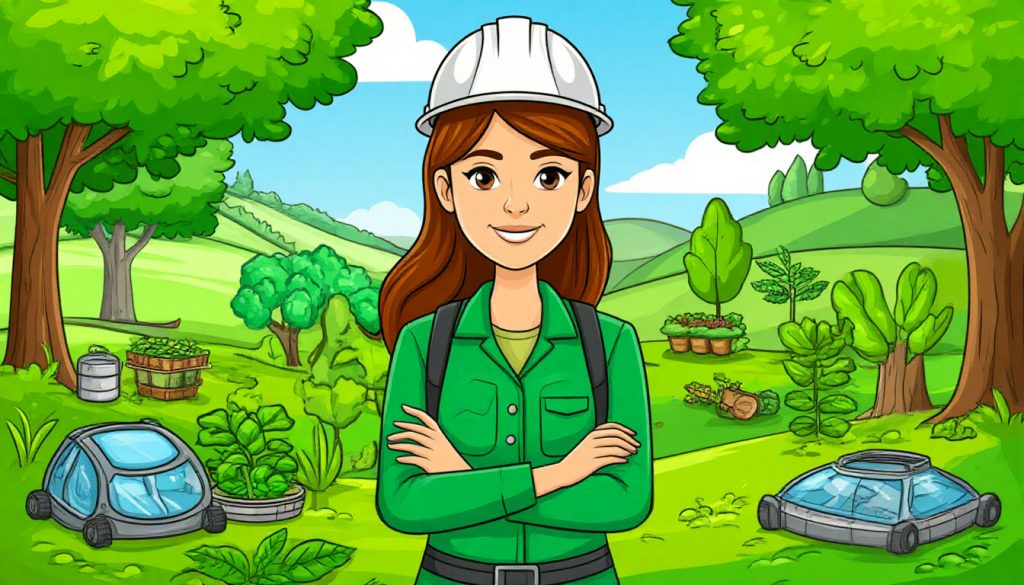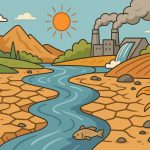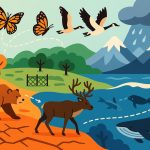Ecology is the scientific study of the relationships between living organisms and their environment. It explores how animals, plants, fungi, and microbes interact with each other and with non-living elements like air, water, soil, and climate. These interactions shape the structure and function of ecosystems. Ecologists examine how energy flows through food chains, how populations change over time, and how ecosystems respond to disturbances such as climate change or natural disasters. Understanding ecology helps us protect endangered species, manage natural resources, and develop strategies for environmental sustainability. Ecology operates at many levels—from single organisms to entire biomes—and connects biology, geography, and Earth science. It’s a fundamental science for addressing today’s environmental challenges.
Levels of Ecological Study
Ecology is structured around different organizational levels that allow scientists to understand nature in detail. The smallest level is the individual, followed by the population, which includes all members of a species in a particular area. Multiple populations form a community, and when combined with abiotic factors (like sunlight, moisture, and minerals), they form an ecosystem. Multiple ecosystems across a climate zone make up a biome, such as a rainforest, desert, or tundra. Finally, all Earth’s ecosystems are part of the biosphere, the global ecological system integrating all life. Each level helps ecologists understand how local interactions scale up to global patterns.
Human Impact on Ecology
Humans have become one of the most influential factors in ecological change. Activities such as deforestation, pollution, urban expansion, and fossil fuel combustion disrupt natural processes and threaten biodiversity. Ecosystem services—like clean water, air purification, and crop pollination—are at risk when ecological balance is disturbed. Ecologists work to understand these impacts and propose conservation strategies. Concepts like sustainability, restoration ecology, and rewilding aim to repair damaged ecosystems. Public awareness and responsible policy-making are essential to reducing our ecological footprint. Ecology provides the tools and knowledge to live more harmoniously with nature.
Why Ecology Matters Today
In the 21st century, ecology is more important than ever. With increasing climate instability, habitat loss, and resource depletion, ecological insights are vital for crafting a sustainable future. From designing greener cities to developing nature-based solutions for floods and droughts, ecology informs real-world decisions. It also fosters a sense of interconnectedness, showing that all life forms are part of a dynamic, delicate web. Ecological education empowers individuals and communities to take action, whether by reducing waste, supporting conservation efforts, or advocating for environmental justice. A healthy planet depends on a deep understanding of the systems that support life.
Glossary
- Ecology – the study of interactions between organisms and their environment.
- Ecosystem – a community of living things interacting with their physical surroundings.
- Biome – a large ecological area defined by its climate, soil, and living organisms.
- Biosphere – all ecosystems on Earth combined.
- Ecosystem services – benefits humans obtain from nature, such as clean air and water.
- Sustainability – meeting human needs without compromising future generations.


